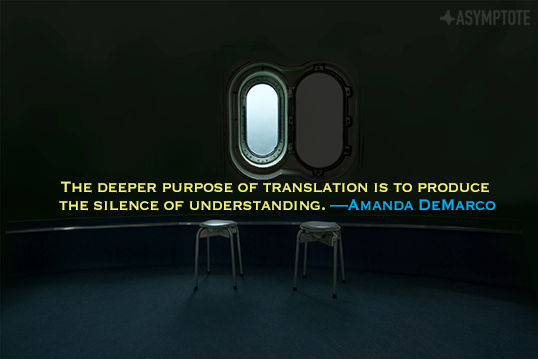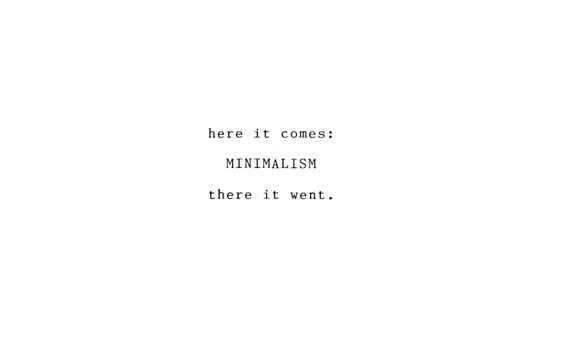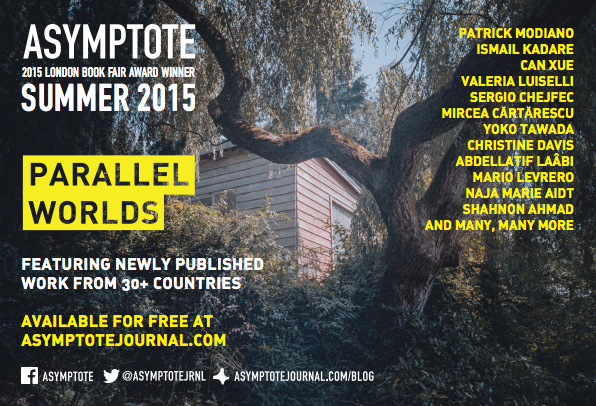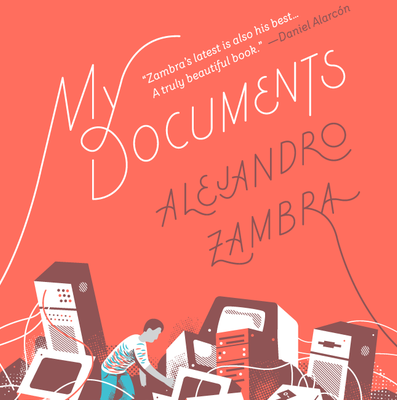Yay, it’s Friday! It’s a good Friday at that—this week marked the announcements for the American Literary Translators Association’s Lucien Stryk Prize shortlist. The Prize goes to literary translation from Asian languages, and with the exception of the Kalidasa, every single one of its nominees—both author and translator—have appeared on Asymptote‘s digital pages. We’re pretty chuffed about that—go ahead and check out the list or our archives, for what’s sure to be a star-studded reading experience (we recommend looking at Kim Hyesoon’s much-buzzed-about Sorrowtoothpaste Mirrorcream to get you started).
This week was full of awards in general—the S.E.A. Write, or South East Asian Writers Award similarly announced its shortlist. Meanwhile, in other—Anglophone, more-or-less boring—prizes: the National Book Award announced its poetry, fiction, non-fiction, and young adult longlisted nominees—check them out! But we can’t say we aren’t a little baffled at what didn’t make the list (#Argonauts, anyone?). And in light of the Man Booker Prize-shortlisted A Little Life, by Hanya Yanagihara, the London Review of Books offers a strongly-worded dissenting opinion.
Meanwhile, over at the Poetry Foundation, Robert Fernandez and Blake Bronson-Barrett describe what it’s like translating French surrealist Mallarmé (don’t you love this shop talk?). And just when it’s announced that another Seamus Heaney translation is slated to appear posthumously, the Irish poet’s last words are revealed to the public. And if we’re interested in peeking in/behind the writer’s veil, read Iranian writer, artist, and activist Shahirar Mandanipour’s interview with Little Village.
We reported last week on the terrible, repugnant Yi-Fen Chou debacle. This week, actual Asian poets continue to respond—and offer their work. Meanwhile, the New Republic suggests that cheating might be the only way to get published (say it isn’t so! It isn’t so at Asymptote). And it might be interesting to read Sherman Alexie’s private email to the group of poets accepted for Best American publication (“I’m sorry for this pseudonym bullshit,” he says).





